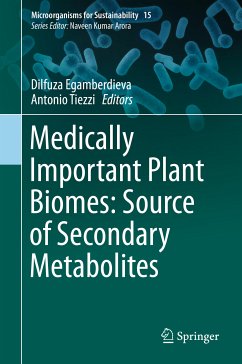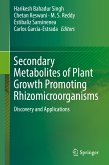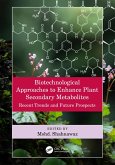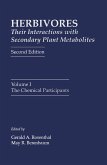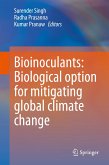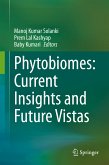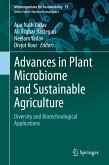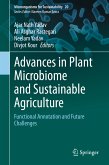This book provides insights into various aspects of medicinal plant-associated microbes, known to be a unique source of biological active compounds, including their biotechnological uses and their potential in pharmaceutical, agricultural and industrial applications. Featuring review papers and original research by leading experts in the field, it discusses medicinal plants and their interactions with the environment; medicinal plants as a source of biologically active compounds; medicinal plant-associated microbes (diversity and metabolites); their pharmaceutical, agricultural and industrial applications as well as their potential applications as plant growth stimulators and biocontrol agents.
As such the book offers a valuable, up-to-date overview of the current research on medicinal plants, their ecology, biochemistry and associated biomes.
Dieser Download kann aus rechtlichen Gründen nur mit Rechnungsadresse in A, B, BG, CY, CZ, D, DK, EW, E, FIN, F, GR, HR, H, IRL, I, LT, L, LR, M, NL, PL, P, R, S, SLO, SK ausgeliefert werden.

